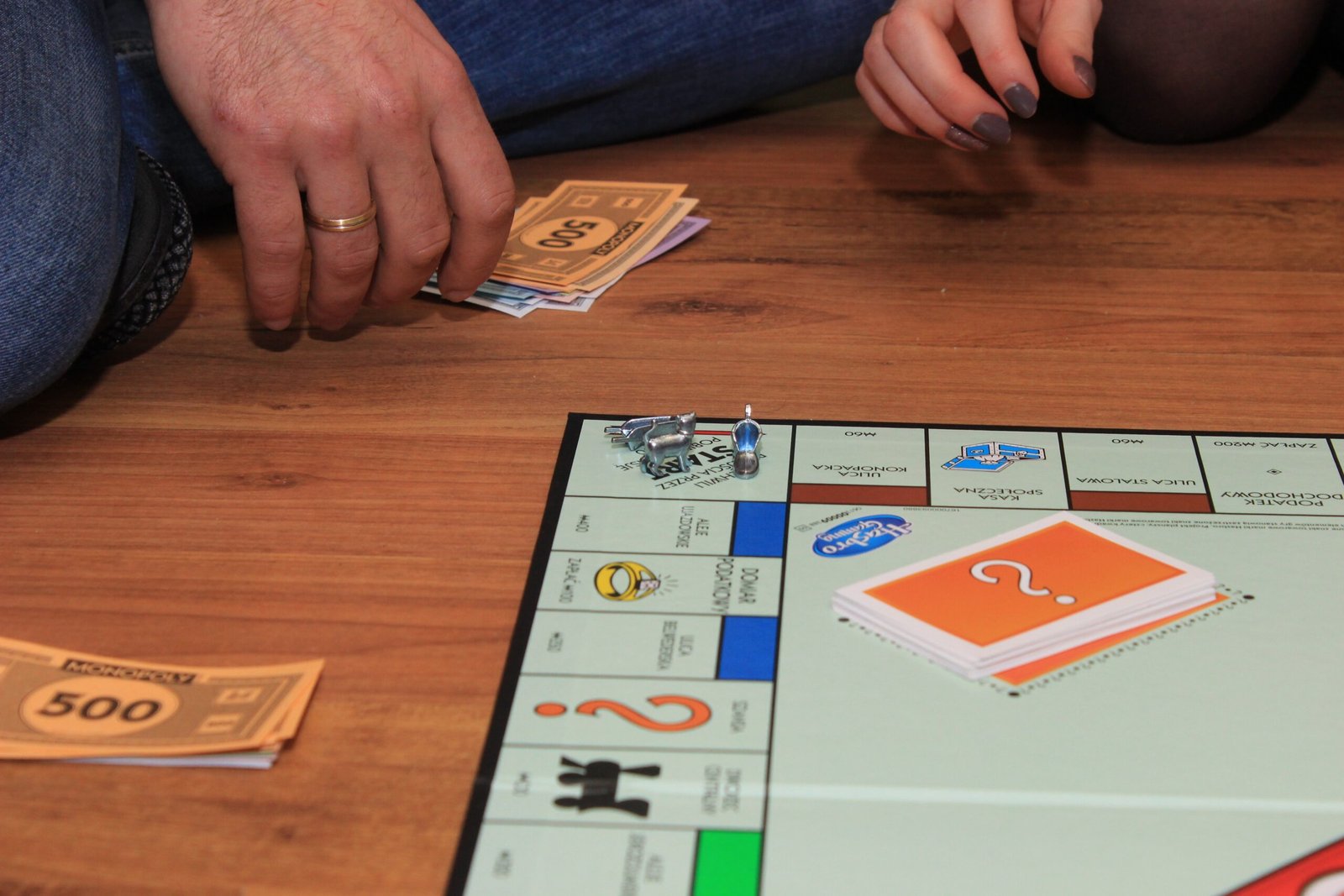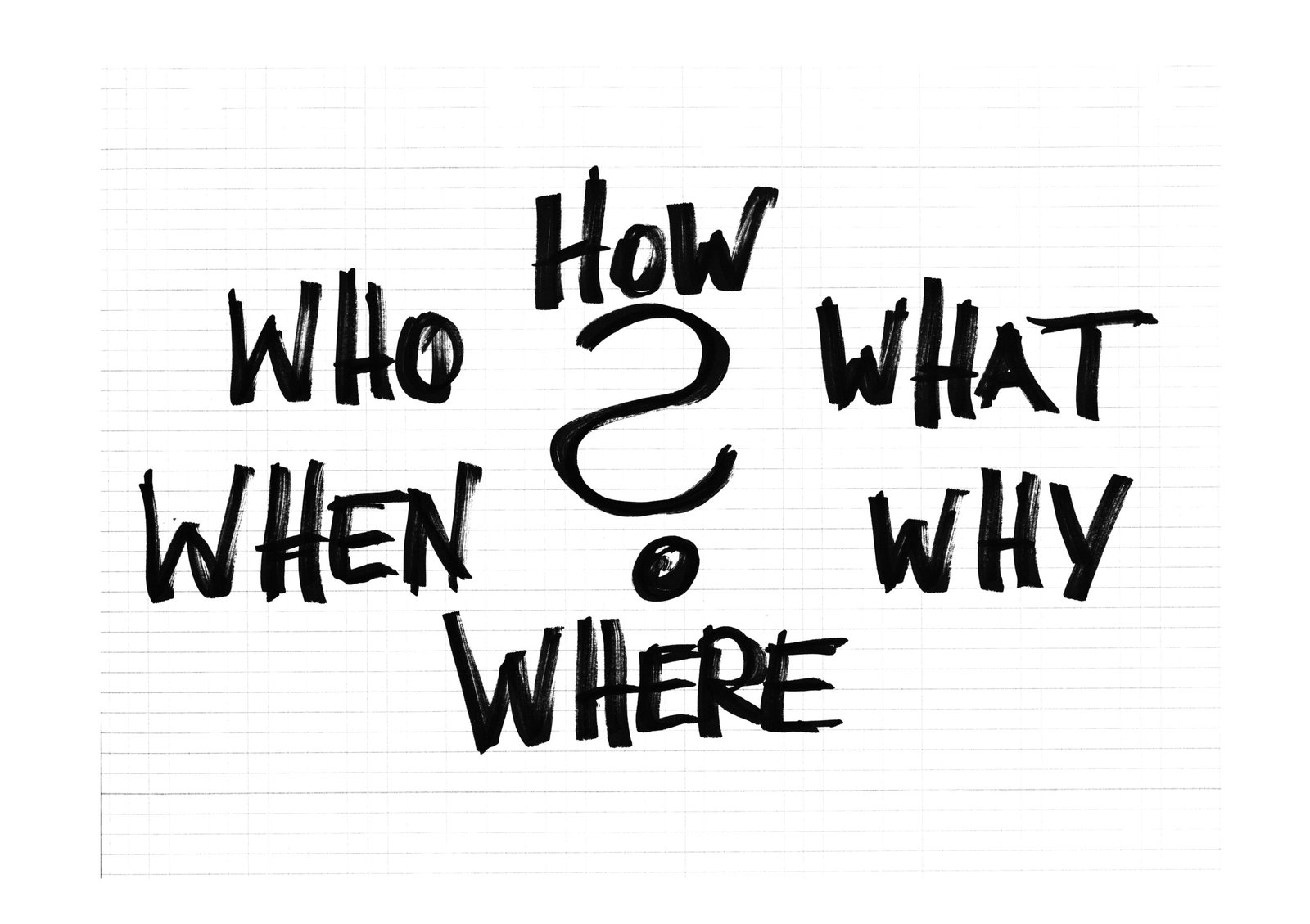Can theft really be “legal” in America? In one U.S. state, a controversial law has blurred the lines. Discover how this legal loophole has turned shoplifting into a growing crisis.
The Law That Makes It Legal to Steal in One U.S. State Almost
Imagine walking into a store, stuffing a bag with merchandise, and walking out without paying.
You are caught on camera. Security watches. But no one stops you.
Not because they didn’t notice.
But because in one U.S. state, what you just did might not even be considered a serious crime anymore.
This isn’t fiction.
It is the strange legal reality unfolding in parts of California, where a controversial law has redefined theft and sparked a national debate.
Proposition 47: The Law That Changed Everything
In 2014, California voters passed Proposition 47, also known as the Safe Neighborhoods and Schools Act.
Its goal?
To reduce overcrowding in prisons by reclassifying certain non-violent crimes as misdemeanors instead of felonies.
One major change:
Shoplifting goods valued under $950 was downgraded from a felony to a misdemeanor.
The intent was to focus resources on violent crime, reduce mass incarceration, and redirect savings to education, mental health, and drug treatment.
Theft Under $950: A Legal Loophole?
Under Prop 47:
Stealing property worth less than $950 is classified as a misdemeanor.
Even repeat offenders are often cited and released instead of arrested or jailed.
Police and store employees may not intervene especially in large chains because:
It is considered low-level crime
There is little chance of prosecution
Engaging shoplifters could risk lawsuits or injuries
As a result, critics argue that the law has created an unspoken incentive for organized theft.
“It is not legal to steal in California,” say officials.
But if the consequences are minimal or nonexistent…..what is the difference in practice?
The Rise of Retail Theft: Coincidence or Consequence?
Since the law passed:
Organized retail crime rings have increased operations, exploiting the $950 rule.
Viral videos show people boldly looting stores, often in broad daylight.
Some businesses have closed locations, citing unsafe conditions and rampant theft.
Police and prosecutors claim their hands are tied.
A 2023 report by the National Retail Federation noted billions in losses tied to theft, with California leading the charge.
Supporters Say: “The System Was Broken”
Not everyone agrees with the backlash.
Supporters of Prop 47 argue that:
It corrects overly harsh sentencing for minor crimes.
The law focuses on rehabilitation over incarceration.
Many thefts are tied to poverty, addiction, or mental health not greed.
Prison shouldn’t be the default for a person stealing food or diapers.
They also note:
Corporate loss isn’t more important than human dignity.


But Critics Warn: It is Backfiring
Opponents including business owners, police unions, and residents say:
The law has effectively decriminalized low-level theft
It is emboldening repeat offenders and crime rings
It is leading to store closures, job losses, and community decay
It is created a perception that “crime pays” if you stay under $950
Some California lawmakers are now proposing amendments or repeal efforts to reinstate stricter penalties especially for repeat offenders.
So…Is It Really Legal to Steal?
Let us be clear:
Stealing is still illegal in California and across the U.S.
But in practice, the penalties for certain thefts are now so minimal that:
Offenders often face no jail time
Police may choose not to pursue charges
Courts may dismiss cases for lack of severity or resources
In that gray zone, a culture of “almost legal” stealing has quietly emerged.
Did You Know?
Over 75% of California shoplifting cases under $950 go unprosecuted in some counties.
Stores like Walgreens and Target have shortened hours or shut down in affected cities.
San Francisco and Los Angeles were ranked among the top cities for retail theft in recent years.
The Takeaway
The idea of “legal theft” sounds outrageous but in reality, it is a byproduct of complex legal reform, social inequality, and justice system limitations.
Prop 47 wasn’t designed to greenlight shoplifting.
But its ripple effects have reshaped law enforcement, retail behavior, and public trust in surprising ways.
It is a case where well-meaning reform collided with real-world exploitation.
The result?
A U.S. state where stealing is not exactly legal but feels more possible than ever.















